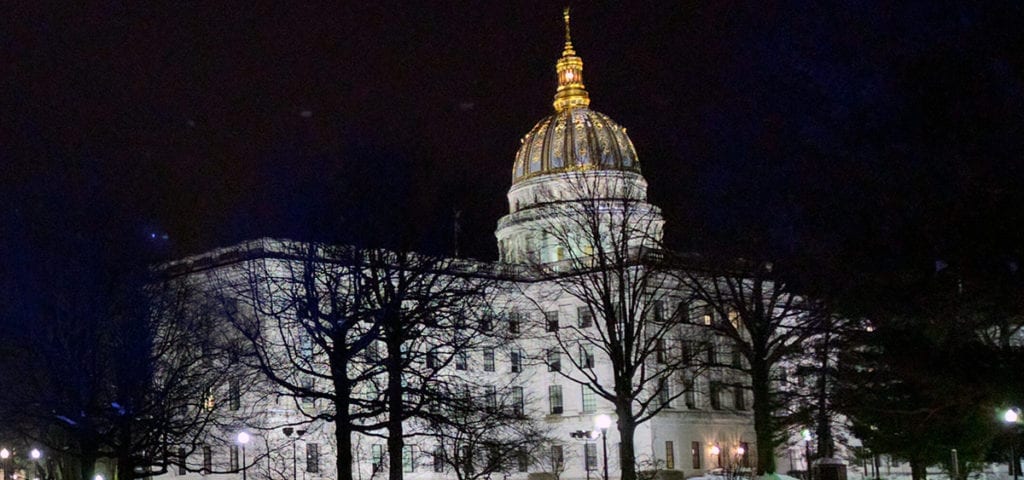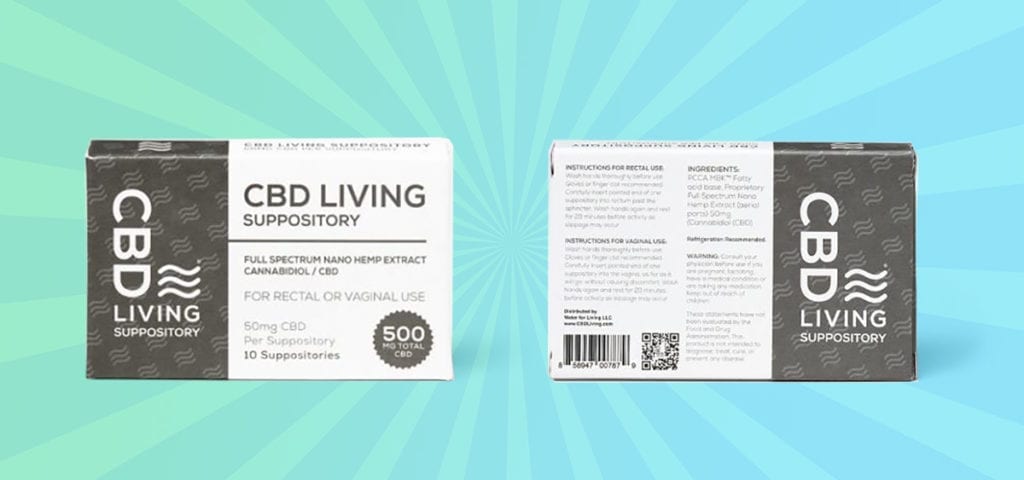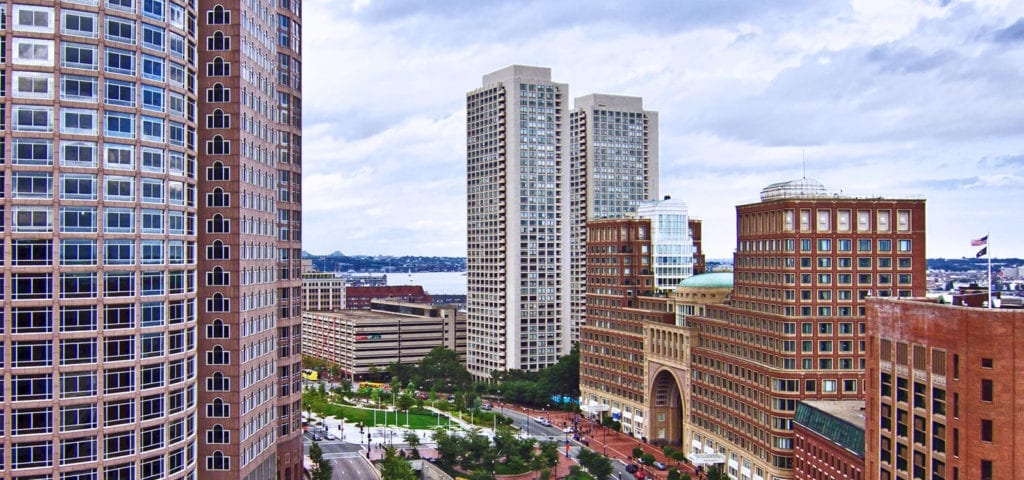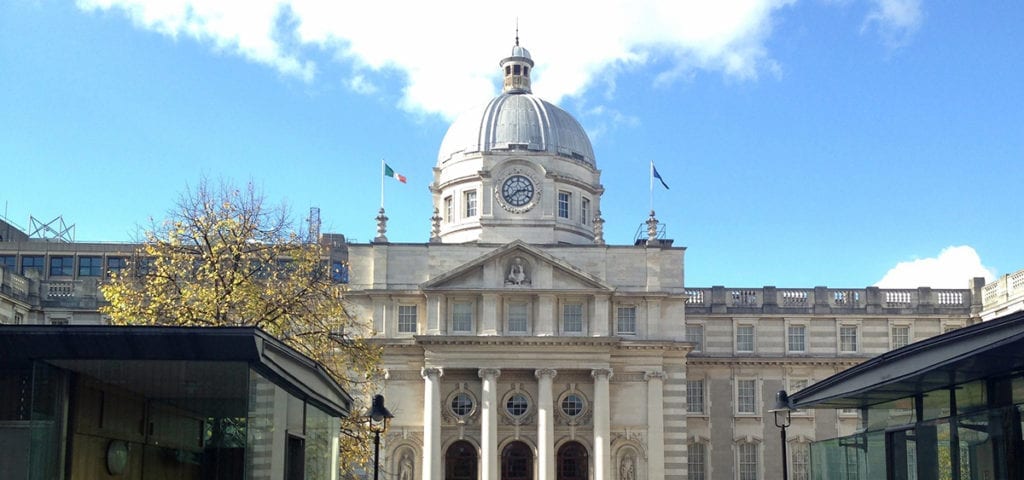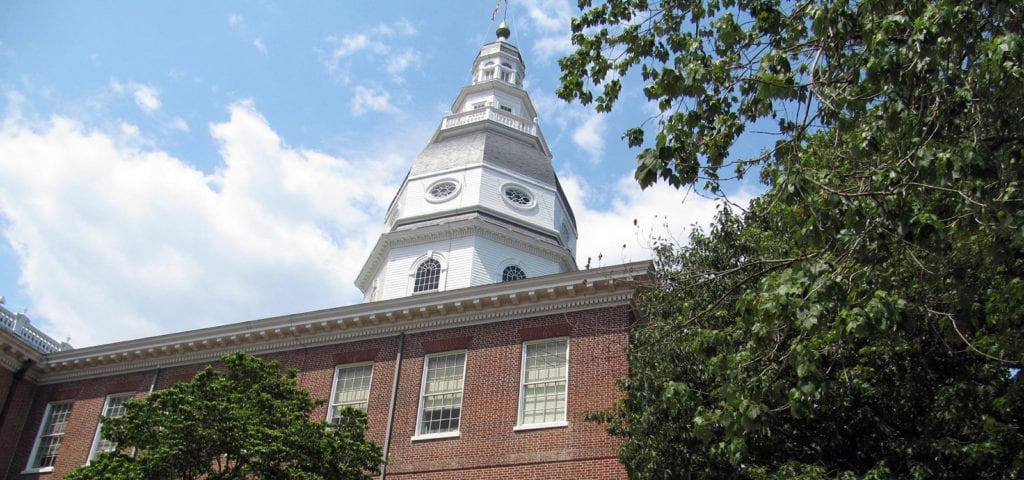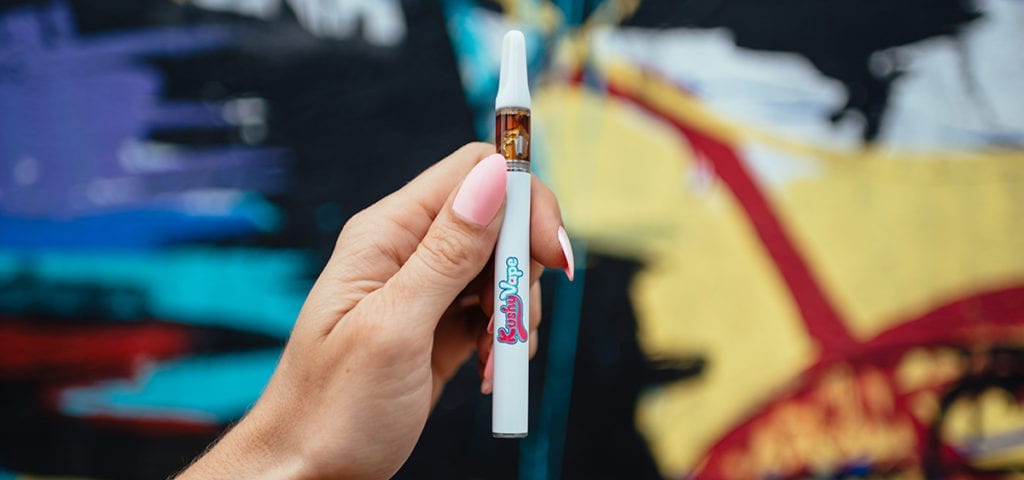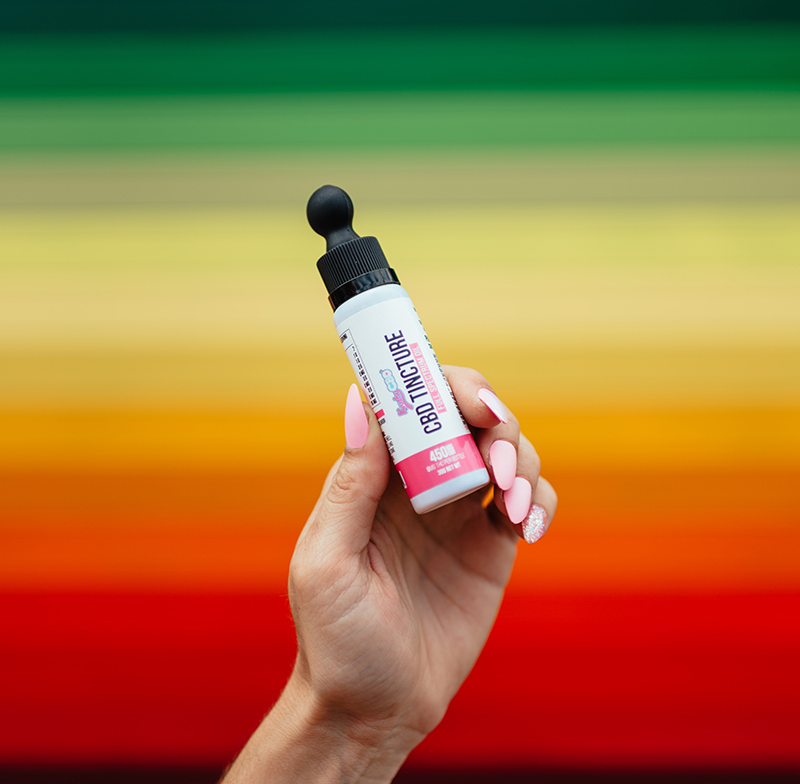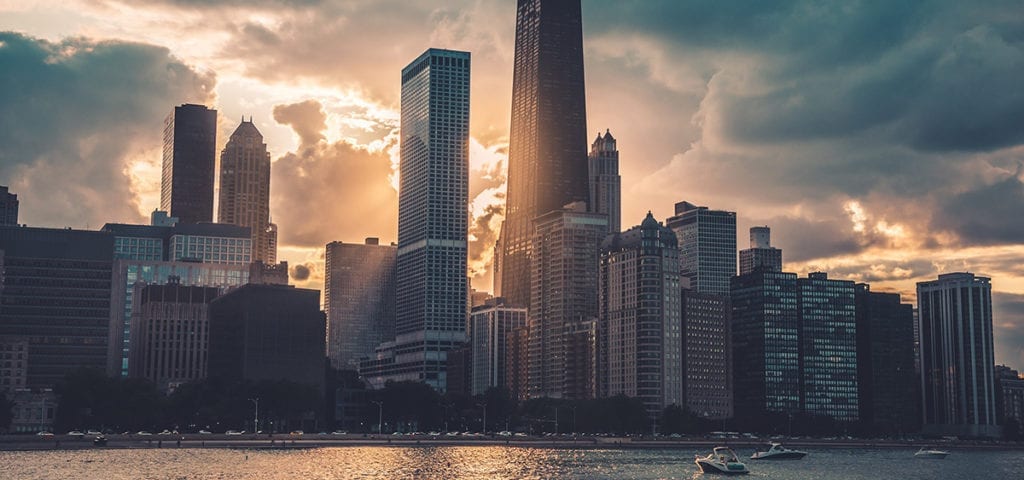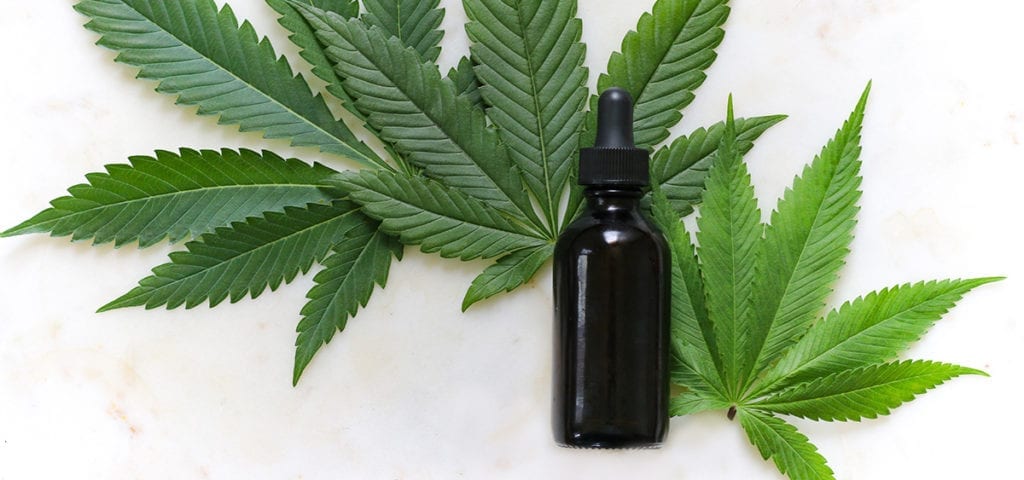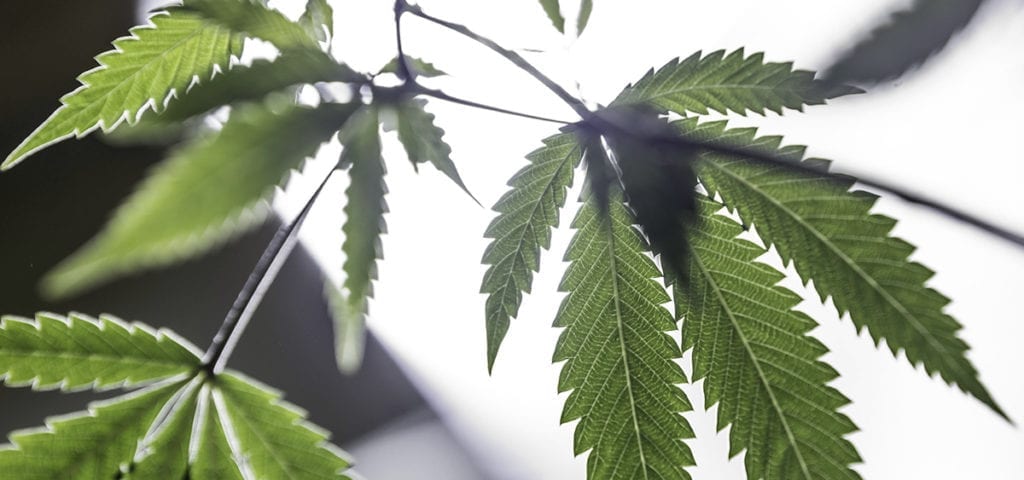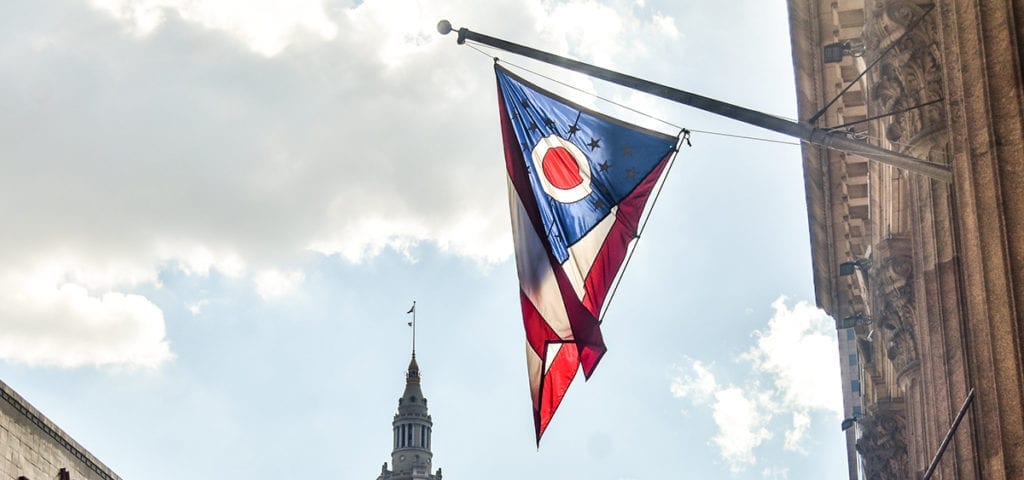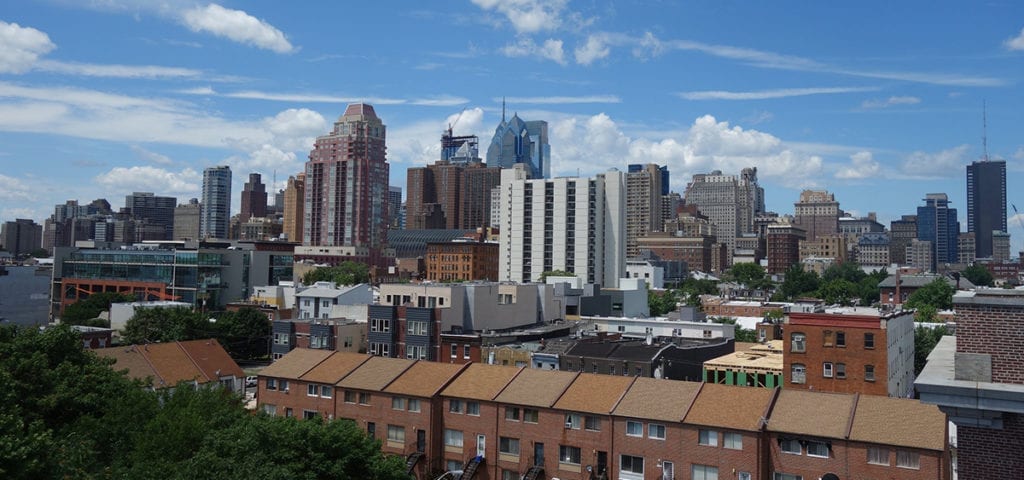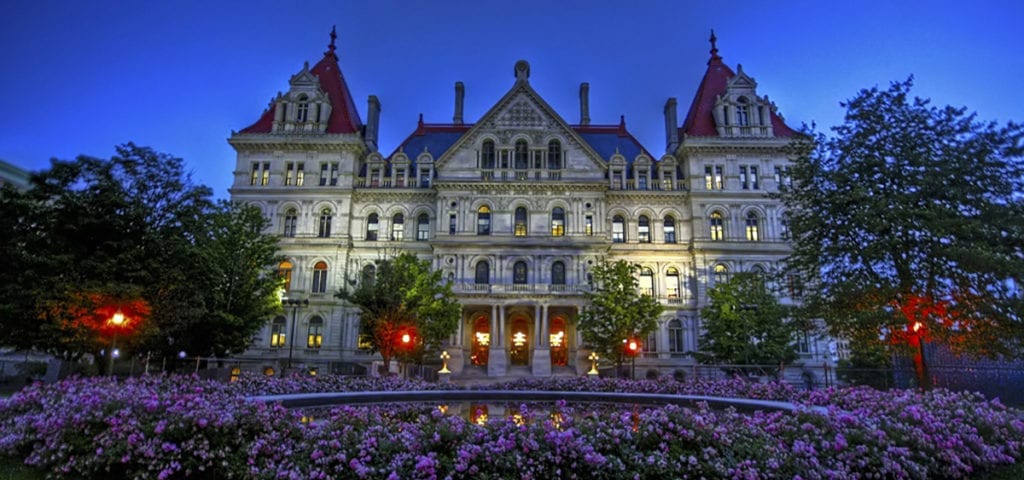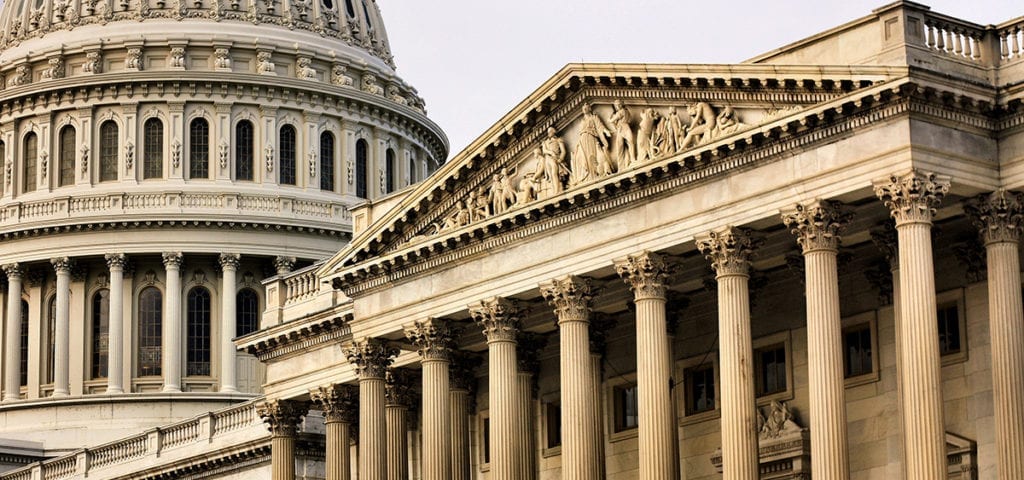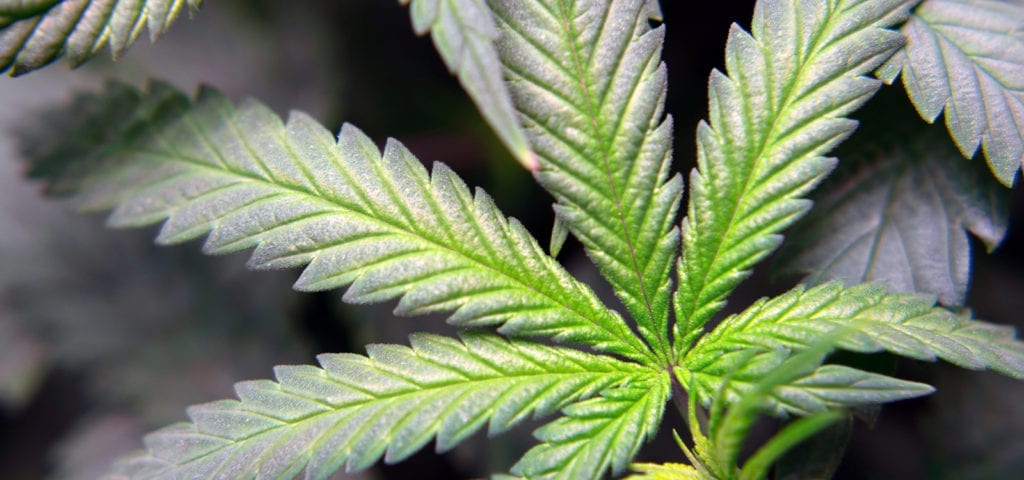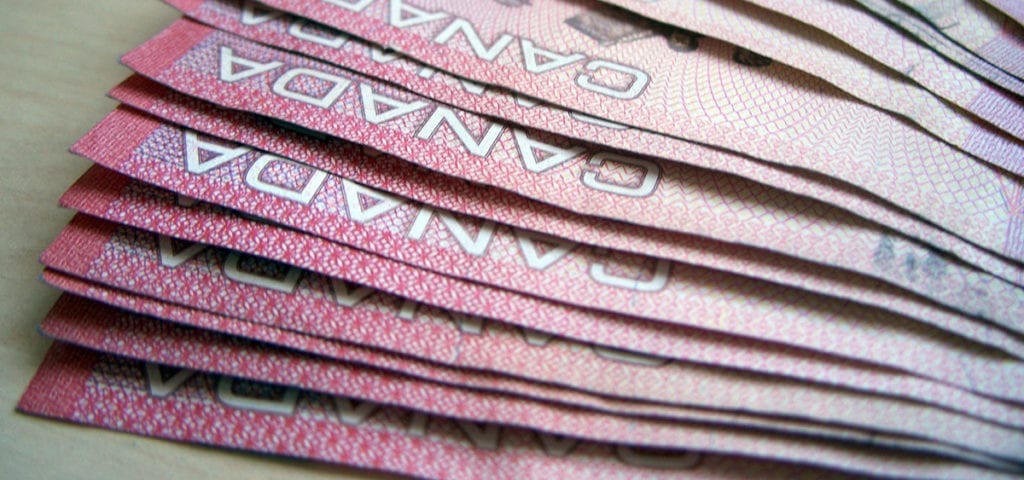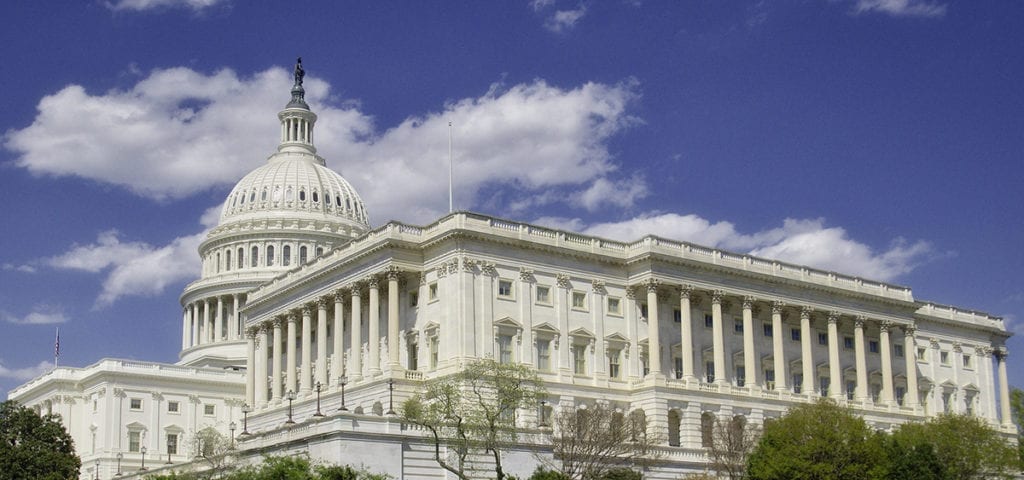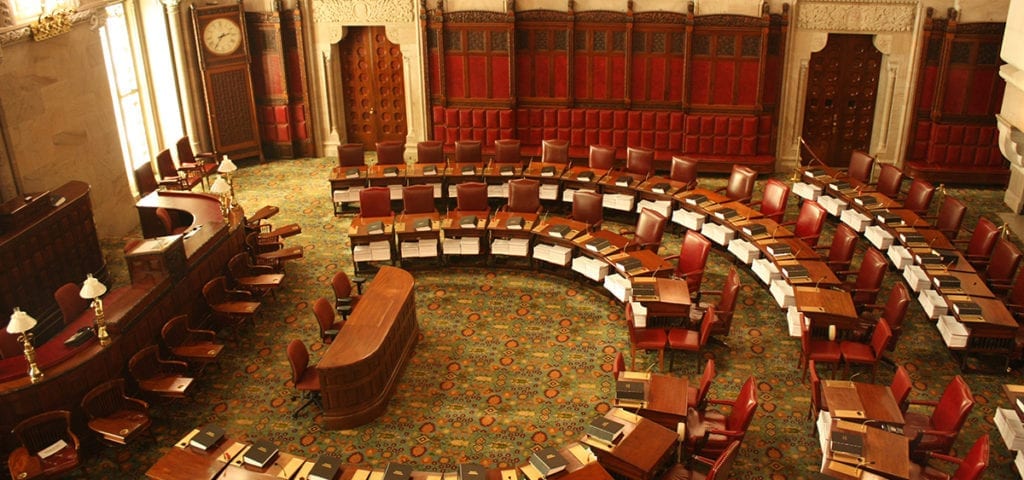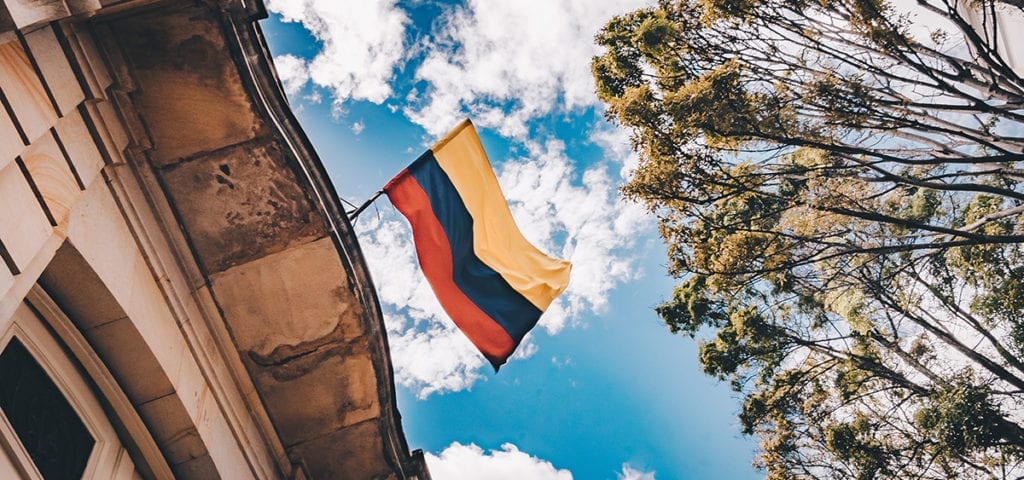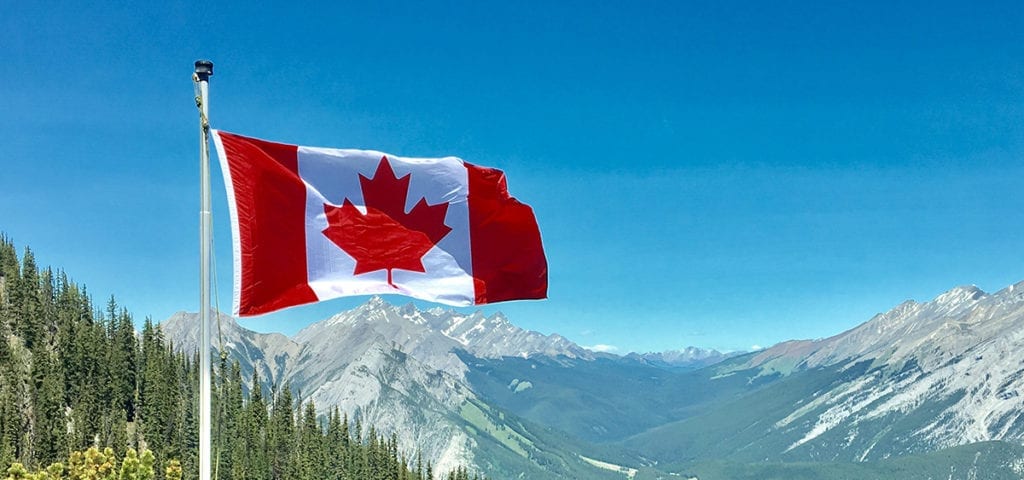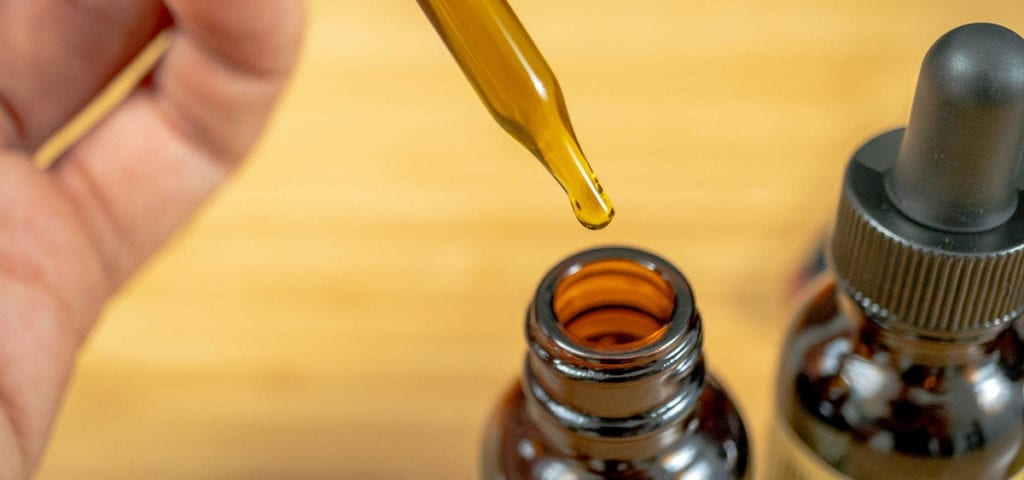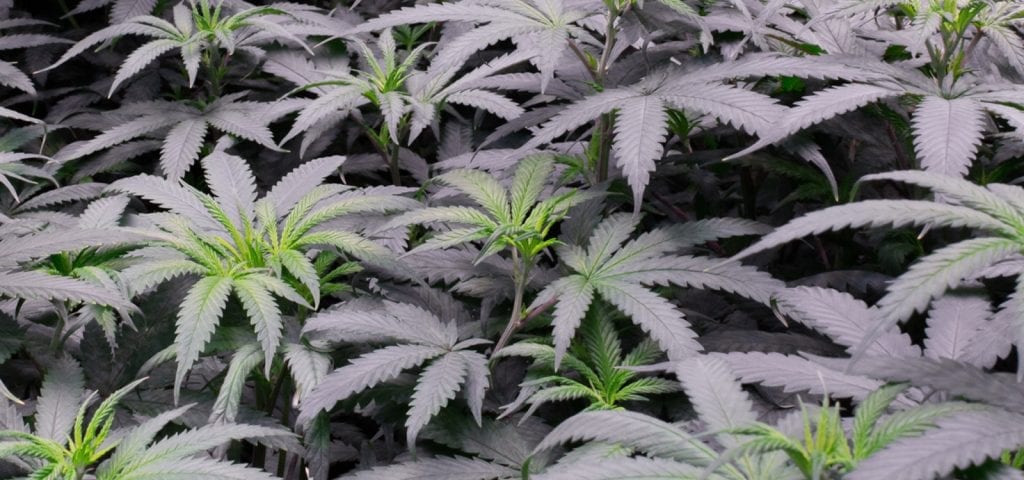West Virginia’s medical cannabis law takes effect next month; however, Department of Health and Human Resources spokesperson Allison Adler told the Associated Press that it will take two or three years before patients have access to medical cannabis products in the state.
The bill was first signed into law in Apr. 2017 by a jovial Gov. Jim Justice and the Health Department appeared to be making headway when, a month later, it updated its website to reflect the program. The Agriculture Department followed suit by making its nomination to the medical cannabis advisory board. At that time, Adler indicated that the agency was in the “preliminary stages” of developing the medical cannabis industry rules.
In March, Justice approved legislation allowing vertical integration for cannabis companies, but the move was too little too late as the government had not issued any industry licenses. Justice also vetoed legislation to allow regional distribution for medical cannabis products that might have helped jumpstart the program.
Last April, two years after Justice approved the medical cannabis measure, he signed a bill allowing the state’s medical cannabis companies to access banking services through a state-approved bank. The Treasurer’s Office announced they were seeking that financial institution just days after the bill’s signing.
According to the AP report, terminally ill cancer patients are able to access medical cannabis through reciprocity agreements with other states; however, all other qualified patients are being forced to wait until the state infrastructure is operational.
End
